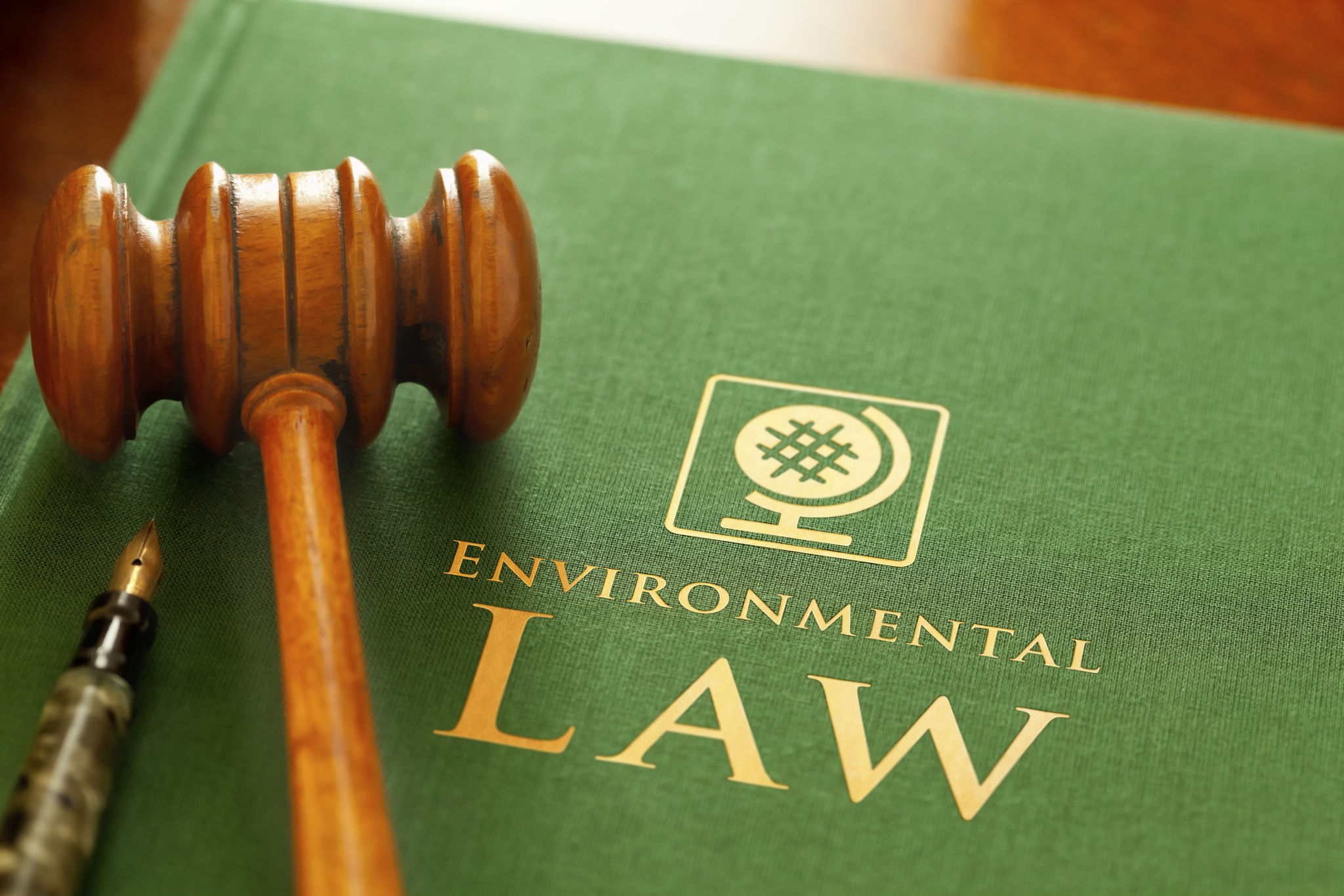Understanding the Local Regulations Affecting Kowloon's Supply Chain Businesses
Introduction to Local Regulations in Kowloon's Supply Chain
Operating a supply chain business in Kowloon requires a thorough understanding of the local regulations that govern trade, logistics, and related activities. These regulations are designed to ensure fair practices, safety, and efficiency across the industry. Navigating these rules can be complex, but it's crucial for the success of businesses involved in this sector.
In this post, we will explore the key local regulations affecting supply chain businesses in Kowloon, offering insights into compliance requirements and best practices for staying ahead in the competitive market.

Licensing and Permits
Understanding Business Registration
Every supply chain business operating in Kowloon must adhere to licensing and permit requirements. The first step is ensuring your business is properly registered with the relevant authorities. This includes obtaining a business registration certificate from the Inland Revenue Department.
Additionally, certain activities within the supply chain may require specific permits or licenses, such as import/export licenses, which are crucial for companies dealing with international trade. Failure to comply with these requirements can lead to significant fines and disruptions.

Environmental Regulations
Compliance with Environmental Standards
Environmental regulations play a significant role in the supply chain industry. Businesses must comply with laws regarding waste management, pollution control, and sustainable resource use. The Environmental Protection Department in Hong Kong enforces these standards to minimize the environmental impact of industrial activities.
Implementing eco-friendly practices not only ensures compliance but also enhances a company’s reputation. Adopting sustainable logistics solutions can be an effective way to meet regulatory requirements while appealing to environmentally conscious consumers.

Labor Laws and Workforce Management
Ensuring Fair Labor Practices
Kowloon’s supply chain businesses must also focus on labor laws, which are designed to protect workers’ rights and ensure fair treatment. Key areas include minimum wage requirements, working hours, and health and safety standards. The Labour Department oversees these regulations, and non-compliance can result in legal action against the business.
Effective workforce management not only involves adhering to these laws but also fostering a positive work environment. Investing in employee training and development can lead to improved productivity and job satisfaction.

Health and Safety Regulations
Prioritizing Workplace Safety
Health and safety regulations are critical for minimizing risks within the supply chain industry. Businesses must implement measures to ensure safe working conditions, which include proper equipment maintenance, hazard identification, and employee training on safety protocols.
The Occupational Safety and Health Council provides resources and guidelines for businesses to enhance workplace safety. Prioritizing these measures not only protects employees but also reduces the risk of costly accidents and liabilities.
Conclusion: Navigating Regulatory Challenges
Navigating the regulatory landscape in Kowloon requires diligence and proactive measures. By understanding and adhering to local regulations, supply chain businesses can avoid legal pitfalls while enhancing operational efficiency. Staying informed about changes in legislation is also crucial for maintaining compliance.
Ultimately, successful navigation of these regulations can lead to a more resilient business that is well-positioned to thrive in Kowloon’s dynamic market environment.